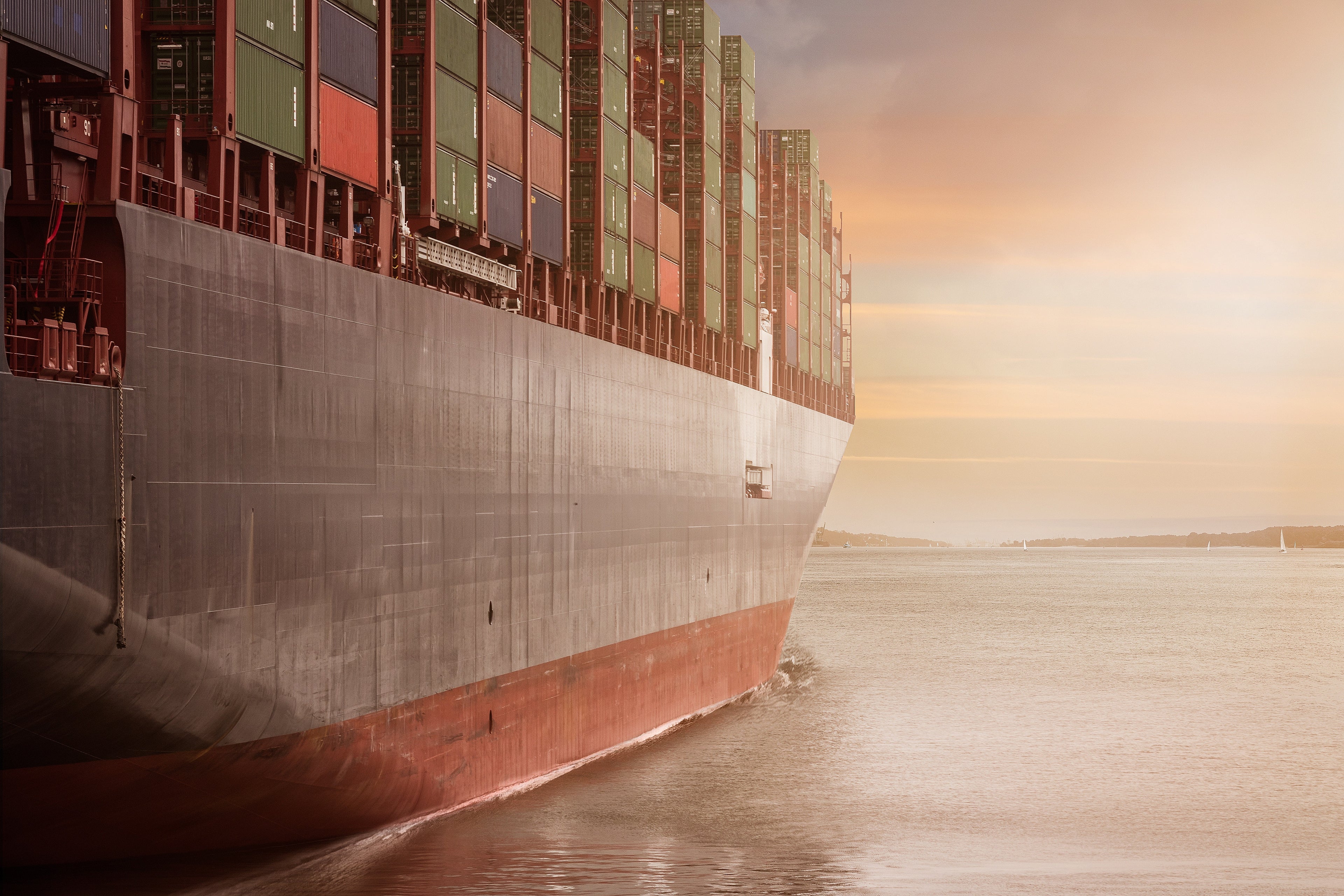Bottlenecks with no end date in sight
The state of global logistics continues to be unpredictable. As Covid restrictions and lockdowns have eased around the world, China remains strict with its zero-Covid policy and the lingering effects of the past two years are still being felt on logistics supply chains.
China’s zero-Covid policy has led to lockdowns across several of its most important port cities, including Shenzhen and Shanghai within the past few months. The lockdowns began in the Shenzhen and Xiamen areas at the beginning of the year when the port of Ningbo was shut down due to a severe Covid outbreak in the area. This halted normal operations for several weeks at the world’s third-largest container port. But the troubles didn’t end when the port’s five container terminals resumed operations, as the lockdown also caused driver shortages and warehouse closures. When operations resumed, only 20% of drivers were given access permits while the rest were forced to quarantine.
At the beginning of April, the government locked down the entire city of Shanghai to try to stop the spread of the Covid outbreak there. The transport of goods into Shanghai nearly came to a full stop when the lockdown began, halting normal operations in one of the country’s largest manufacturing and export hubs. Just like Ningbo, trucking was hit the hardest in Shanghai during the lockdown which allowed for containers to stack up on the docks of what is normally the busiest container port in the world.

The volume of trucks moving through Shanghai was down 70% in mid April compared to the end of March and the EU Chamber of Commerce in China estimated that truck availability fell by 40% since the lockdown. So, even though the port remains operational throughout the lockdown, most containers remain empty or undeliverable without sufficient trucking capacity. Currently, there is no end date in site for the lockdown and trucking volumes remain extremely low.
In the short term, the lockdowns in China will likely provide a much needed respite for the overcapacity ports in the US and Europe. However, in the long term, we should be wary of the cargo build up in China leading to another bubble burst of an influx of containers that could again cause several week long delays. In the US, ports are still moving near-record volumes of cargo, and the expected influx once the lockdowns in China are eased, could cause delays even longer than those we saw in 2021. And in Europe, the effects of the Chinese lockdowns are being widely-felt. In April, a flash survey conducted in Germany claimed roughly half of German companies’ logistics, warehousing, and supply-chain operations were “completely disrupted or severely impacted by the current COVID19 situation in China,” according to the German Chamber of Commerce in China.
It is important to keep in mind that increased summer congestion will be inevitable as companies try to get ahead of the peak season which could coincide with additional congestion from backed up Chinese ports. It is likely that Covid-related ocean freight inefficiencies will continue through the first half of 2023 as the residual effects of lockdowns and supply chain bottlenecks will take several months to resolve.
Unfortunately, limited trucking volume, restricted capacity, canceled sailings, and equipment shortages are not going away. Delays are unpredictable, and setbacks are inevitable as global container line schedule reliability remains at an all-time low. As always, the best way to mitigate these effects on your business is to forecast your supply and shipping needs several months in advance. Container bookings will become harder to secure with peak season around the corner and the inevitable pent up demand from Chinese ports post lockdowns. Make sure to plan ahead and reach out to the Oceanworks team to get in front of the inevitable delays that will remain for the foreseeable future.
Sources:
- https://cargotransinc.com/2022/02/22/vertigo/
- https://cargotransinc.com/2022/05/02/surviving-the-lockdowns-with-peak-ahead/
- https://www.wsj.com/articles/shanghai-lockdown-leads-to-logistics-disarray-with-quarantined-truckers-piled-up-containers-11650537303?st=7k9q16mydegp1j8&reflink=desktopwebshare_permalink
